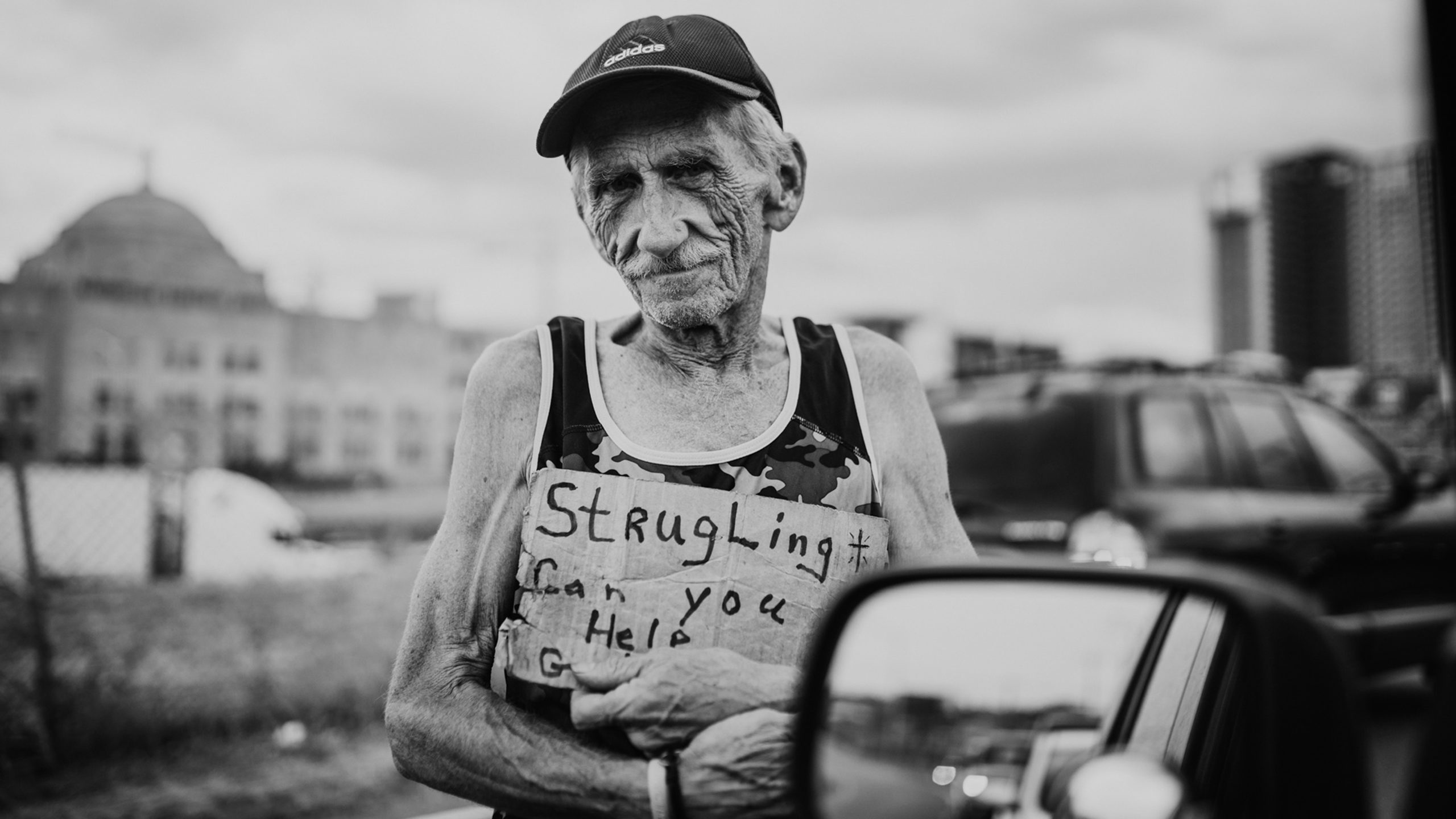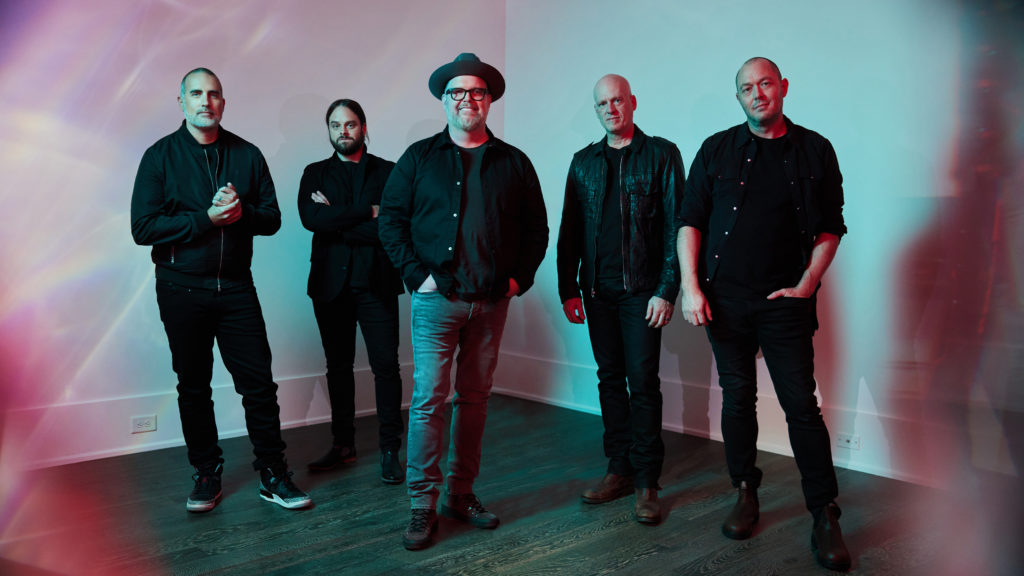Approximately 20% of American adults suffer from the effects of trauma, which can produce an emotional response that debilitates a person’s quality of life, even in small ways. Recognizing PTSD/trauma and becoming familiar with available help can be lifesaving.
“As prevalent as it is, trauma can still be hard to talk about, and it can be difficult to know how to help,” said Nicole Martin, vice president of church engagement and executive director of trauma healing for the American Bible Society. “Many traumatized people also keep their pain hidden.”
Safe space
ABS recently partnered with Barna Research to produce “Trauma in America: Understanding How People Face Hardships and How the Church Offers Hope.”
Heather Drew, a counselor and trauma healing training manager at ABS, noted, “When people have experienced a traumatic event, their primary need is safety and stabilization. The second thing a person in trauma recovery needs is a safe space to process their emotions and painful experiences. … Most of all, they need to know that whatever they share will not cause them to be judged or condemned by the listener. This stage of healing requires patience, compassion and empathic listening from the helper.”
Lisa Keane, clinical director of Pathways Professional Counseling, a sister ministry of Alabama Baptist Children’s Homes & Family Ministries, recognizes the importance of safety and community.
Sharing their story
“Those dealing with trauma need empathetic listening and individuals to validate their experience, not people who want to ‘fix’ them. Many trauma survivors need safety and control in relationships too,” Keane said. “Ask them what helps them feel safe and in control. It is also important to allow trauma survivors to retell their story.”
Survivors who have a “good, healthy community of people they are connected to tend to do better as they work through their trauma,” Keane said.
Empathy is key, said Brianna Leiendecker, trauma healing training manager for ABS.
“Empathy is a primary requirement for those assisting people in overcoming the impact of trauma,” she said. “Much of trauma care is about coming alongside. Practical advice — even great advice — is not what is needed.”
Though safe relationships and supportive communities are important in trauma healing, professional treatment is often necessary. Pathways counselors will often blend multiple approaches to help the client achieve “felt safety” again and decrease their trauma responses, Keane said. These include:
- Cognitive Behavioral Therapy — helping clients challenge unhealthy cognitions and change unhealthy behaviors
- Coping Skills Resourcing — helping clients identify ways to take care of themselves until their symptoms subside
- EMDR Therapy — utilizing eye movements to help clients process unresolved traumatic events by allowing the brain to use its natural healing powers to alleviate distress
- Narrative Therapy — helps clients learn to retell their trauma story without distress, allowing them to have power over the event.
Christian counselors also recognize the spiritual components of healing.
Point to Jesus
“Personally, working with trauma has taught me even more about how we need Jesus,” Keane noted. “There are many awful things that happen in this sinful, fallen world. We have many wonderful tools that the Lord has graciously allowed us to create to help those individuals heal from trauma.
“The Lord has also given us His Spirit to comfort us when there seems to be no worldly comfort available.”
Keane noted trauma “is very real and affects everyone differently. It is so important we do not judge those struggling with traumatic after-effects, but rather, surround them with love and support as they journey towards healing.”
Diane Langberg, practicing psychologist and author, applauds those who seek help in coping with the lingering effects of trauma.
“It takes a very courageous soul to seek help because … they’re acknowledging the trauma that they most want to forget, and often they’re quite sure that people will react in a negative way to that acknowledgement,” she said. “That courage needs to be honored.”
Trauma survivor tells her story of recovery in 2-part podcast
Kathy Woods knows from experience how trauma can cloud one’s thinking. Her life took a devastating turn when she learned her beloved father was having an affair.
She began experimenting with drugs and made one bad choice after another. While serving jail time, Woods sought the Lord and committed her life to Him. Now Woods, who serves as administrative assistant for city ministries at the Church at Brook Hills, Birmingham, shares her story of healing from trauma with others.
“Sometimes bad things happen even in good families,” Woods said. “But God is willing to restore.” Hear Woods’ story at tabonline.org/kathy-woods.
Click here to read about trauma and it’s causes.






Share with others: